A Level Art & Design: Fashion & Textiles
Why should I study A Level Fashion & Textiles?
![]()
A Level Art & Design: Fashion & Textiles allows you to develop an exciting and extensive range of creative and technical skills. You will also gain a strong understanding of historic and contemporary visual art practice, through supporting contextual studies.
Unique to studying Textile at A Level, you will build up a very personal and continually evolving body of practical work, guided and supported by your teachers. Individual exploration and development of your personal skills and creative directions is a special aspect of this subject.
A strong Art textiles training can also develop highly valuable transferable skills, including creative ideas development, problem solving, contextual interpretation, and visual communication, as well as organisational, presentation, and teamworking skills.
Studying this subject will enable you to:
- Focus on textile disciplines within an Art & Design context.
- Create, select and manipulate textiles, across a variety of practices such as constructed, dyed and printed textiles.
- Develop your knowledge and understanding of techniques including weaving, embroidery, appliqué, batik, silk painting, tie and dye, hand painting and lino printing.
- Explore a wide range of natural and manufactured materials to address aspects of design in fashion, furnishing and fine art.
Course Specification
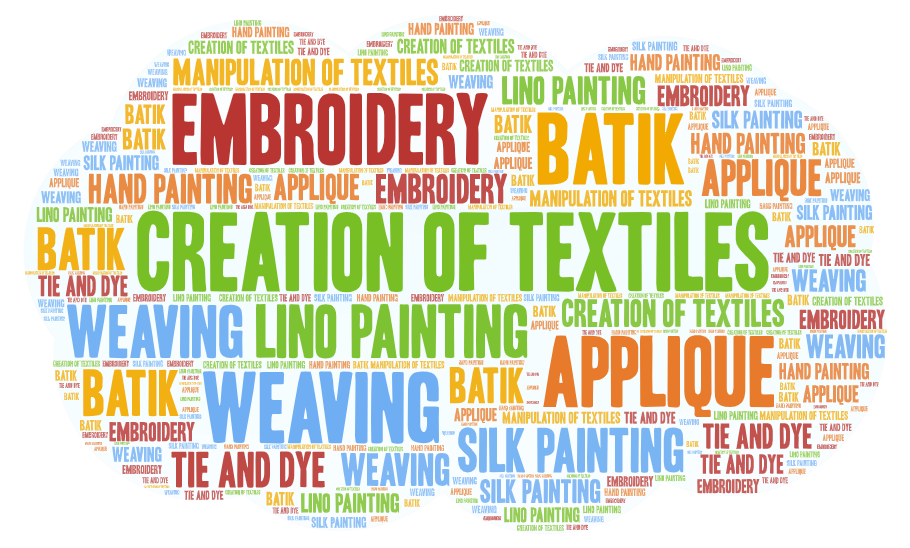
Students are required to choose one or more area(s) of study, such as:
- Garments/Fashion
- Accessories
- Soft furnishings
- Printed and/or dyed textiles
- Constructed textiles
- Textile installation
- Expressive textiles
- Digital textiles
Skills and Techniques
Term One is a non-assessed element of the course, giving you the opportunity to develop new skills and refine techniques you are already familiar with. You will be required to demonstrate skills in the following to:
- Record experiences and observations in a variety of ways using drawing or other appropriate visual forms; undertake research and gather, select and organise visual and other appropriate information
- Explore relevant resources; analyse, discuss and evaluate images, objects and artefacts; and make and record independent judgements
- Use knowledge and understanding of the work of others to develop and extend thinking and inform own work
- Generate and explore potential lines of enquiry using appropriate media and techniques
- Apply knowledge and understanding in making images and artefacts; review and modify work; plan and develop ideas in the light of their own and others’ evaluations
- Organise, select and communicate ideas, solutions and responses, and present them in a range of visual, tactile and/or sensory forms.
Knowledge and Understanding
You will be required to develop practical and theoretical knowledge and understanding of:
- Relevant materials, processes, technologies and resources
- How ideas, feelings and meanings can be conveyed and interpreted in images and artefacts
- How images and artefacts relate to the time and place in which they were made and to their social and cultural contexts
- Continuity and change in different genres, styles and traditions
- A working vocabulary and specialist terminology.
Examining Board Information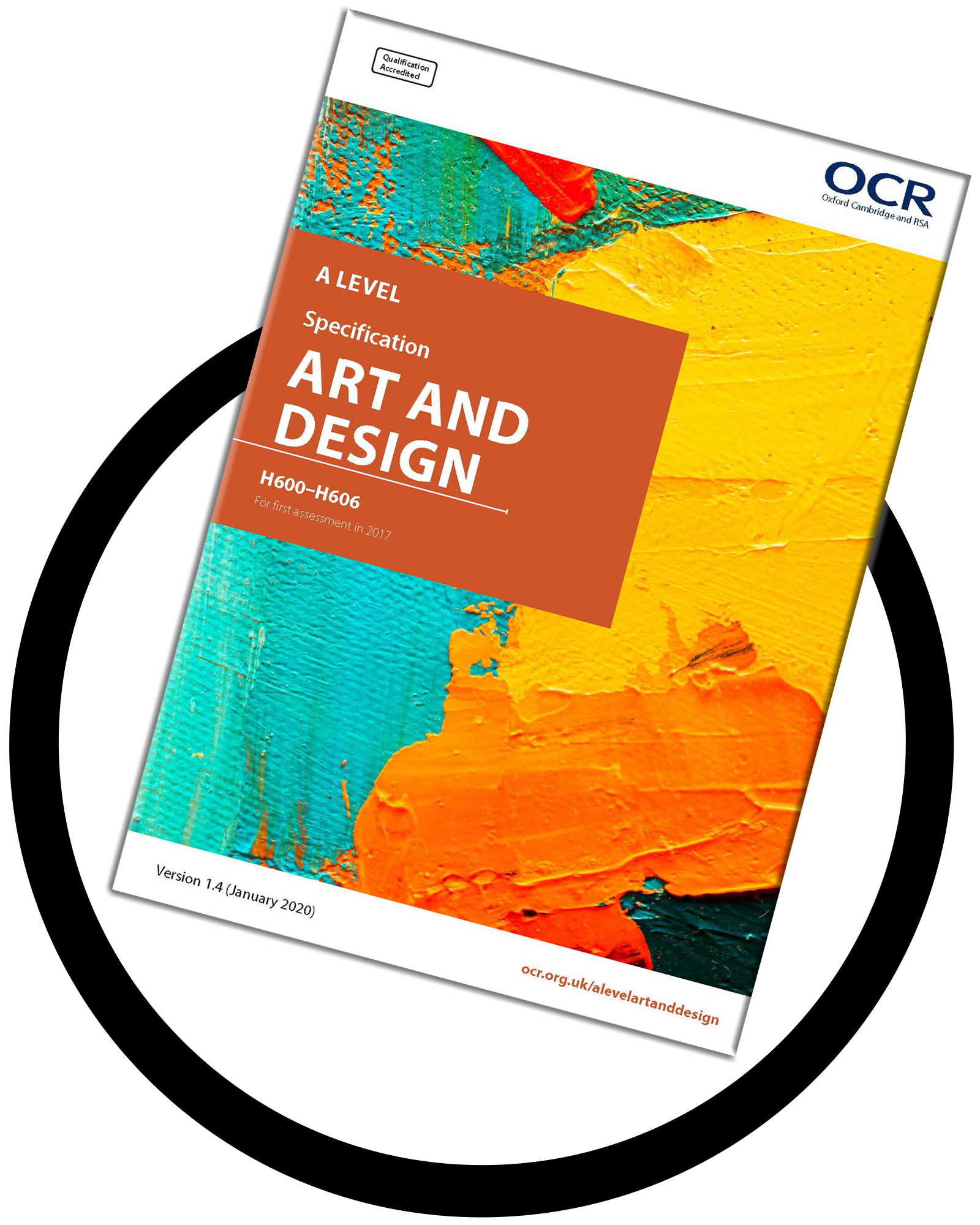
Board: OCR
Course Code: H604
Click the image on the right to download the full course specification.
Widening Horizons
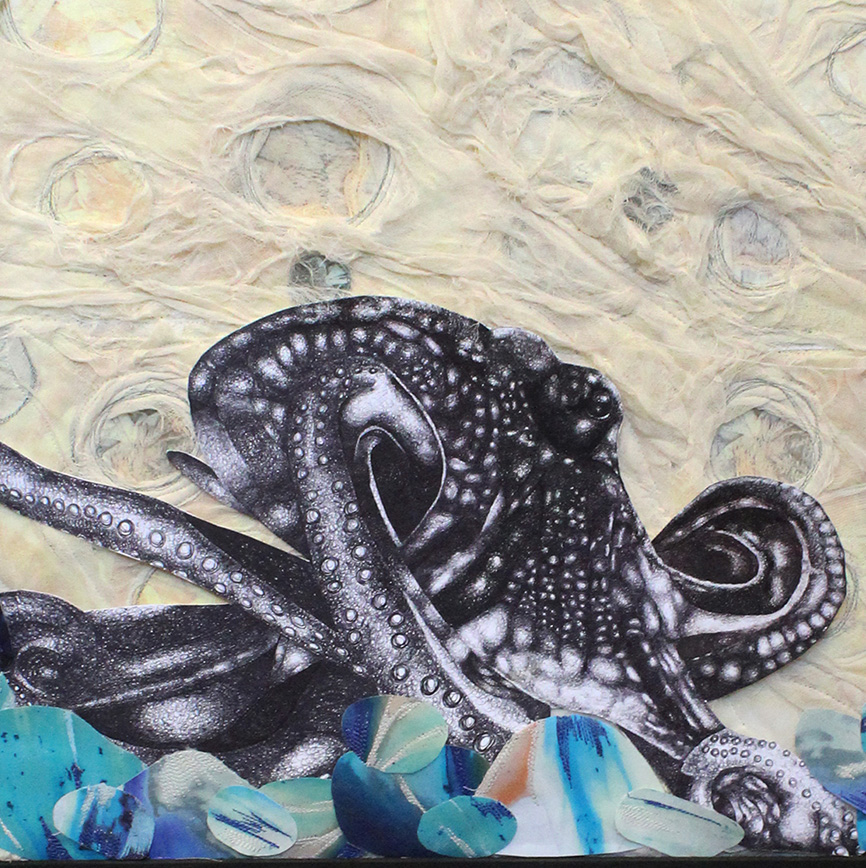
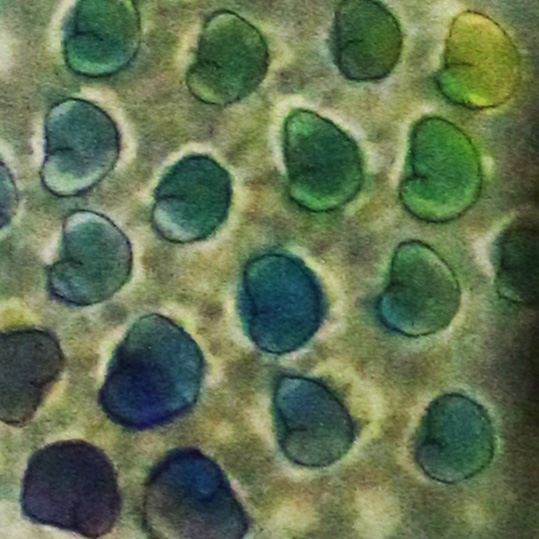
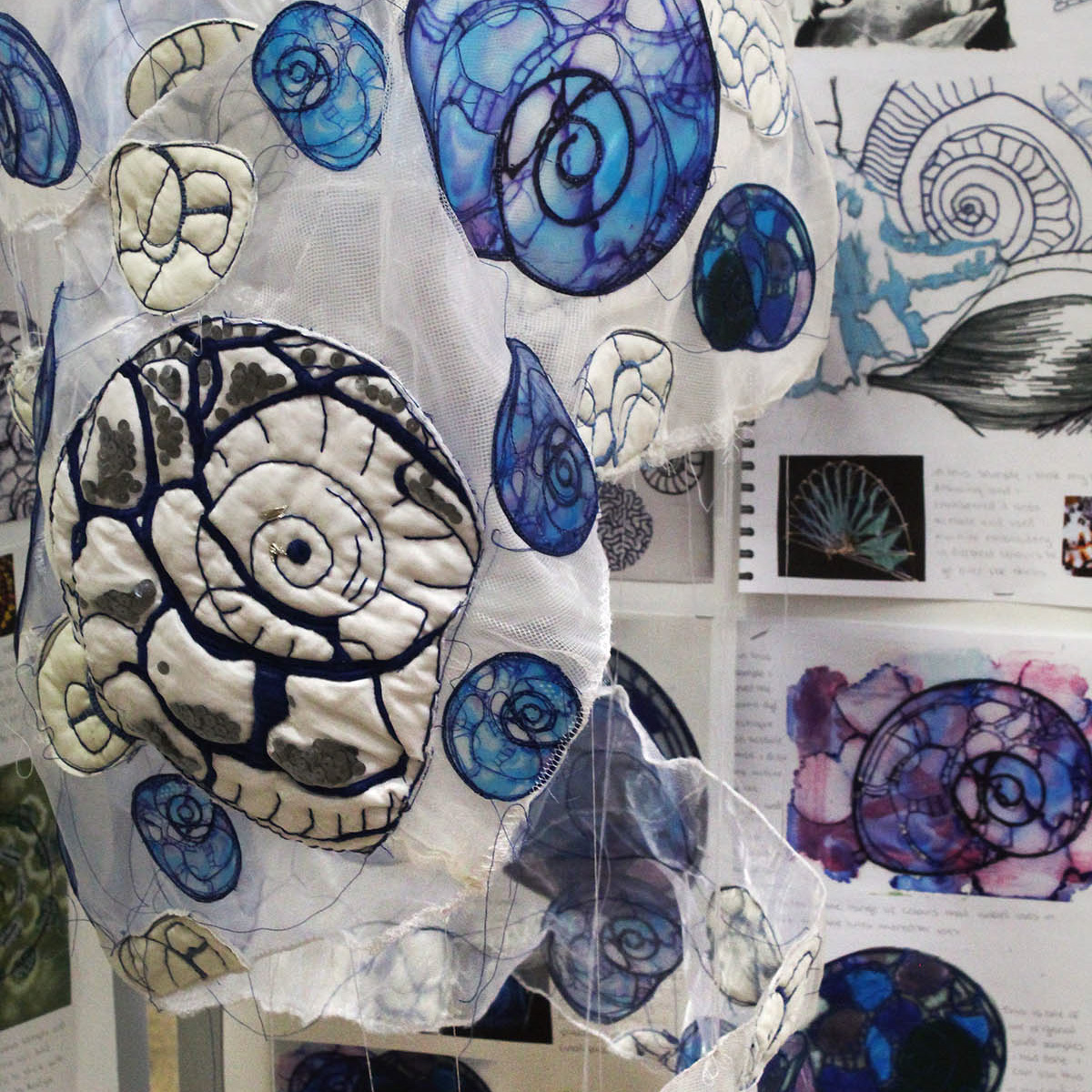
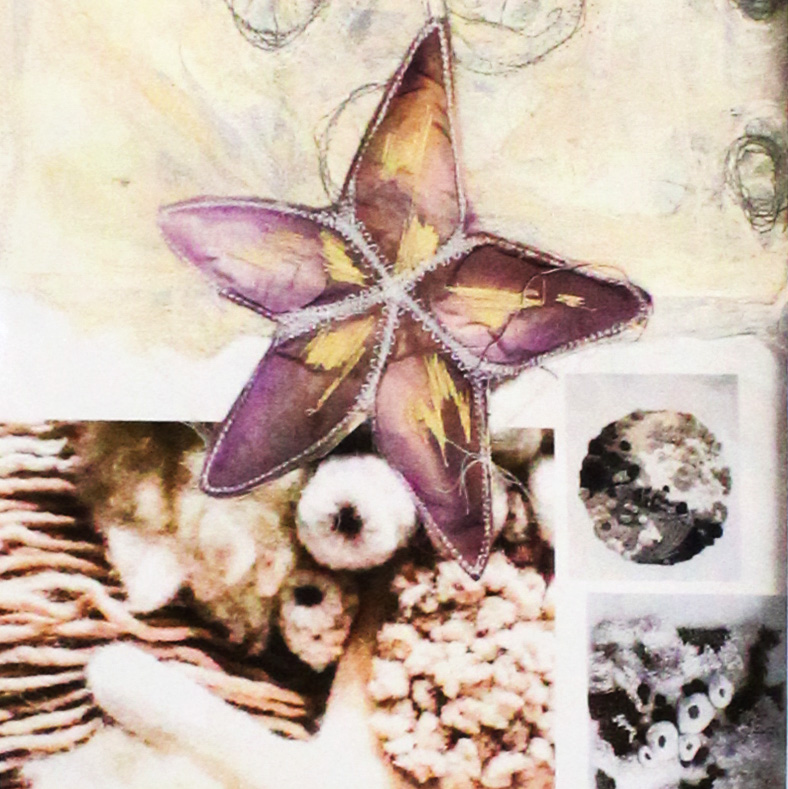
We seek to broaden your horizons beyond the classroom and run trips to the V&A museum and Design Museum.
We also encourage students to make their own independent visits to a range of museums and galleries, such as:
- Fashion and Textiles Museum
- Fashion Space Gallery
- The Barbican Centre
- The Tate Modern
- British Museum
- Science Museum
- Natural History Museum
Assessment Format
Component 1: Personal investigation
Learners produce a portfolio of practical work AND a related study: an extended response of a guided minimum of 1000 words.
This component is worth 60% of the overall marks for this qualification.
Component 2: Externally-set task
The early release paper will provide learners with a number of themes, within which there will be a choice of written and visual starting points, briefs and stimuli. A response should be based on one of these options.
This component is worth 40% of the overall marks for this qualification.
Course Entry Requirements
This course requires a Grade 6 or above in GCSE Art & Design or GCSE Design & Technology Textiles.
Employability Skills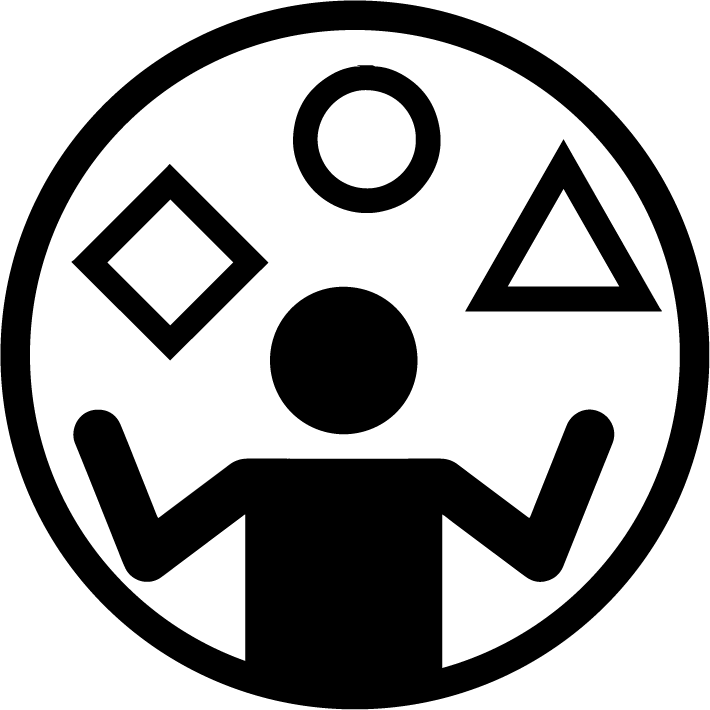
Employability Skills are essential skills, personal qualities and values that will enable you to thrive in any workplace. Along with good technical understanding and subject knowledge, employers often outline a set of skills that they want from an employee.
This course will help you to develop the following employability skills:
- Creative thinking
- Independent thinking
- Presentation skills
- Problem solving
- Time management
- Visual communication
- Working towards deadlines
Next Steps
There is a vast choice of creative degrees and career options open to A Level Textiles students.
You may decide to study for a year’s Art Foundation Diploma course at Art College or apply directly for a University degree course in a range of courses, including Fashion Business & Management and Fashion Marketing & Branding. You could also apply for an apprenticeship or go straight into employment.
10 Possible Careers
- Advertising / Packaging Typography
- Animation, Film and Video Making
- Fashion
- Graphic Design and Illustration
- Interior Design
- Photography
- Print Making
- Sculpture
- Textiles
- Theatre Design
Student Profile: Nia
 Former School
Former School
Warlingham
Subjects
A Level Art & Design (Art, Craft & Design)
A Level Art & Design (Fashion & Textiles)
A Level Film Studies
Cooking for College
"I am planning on taking an Interior Design course at university and then pursuing a career in Interior Design. I really enjoyed the trip to the V&A Museum and it allowed me to meet and learn from people in the industry. The College staff have really helped me with time management, which has helped me to develop into an independent learner."








